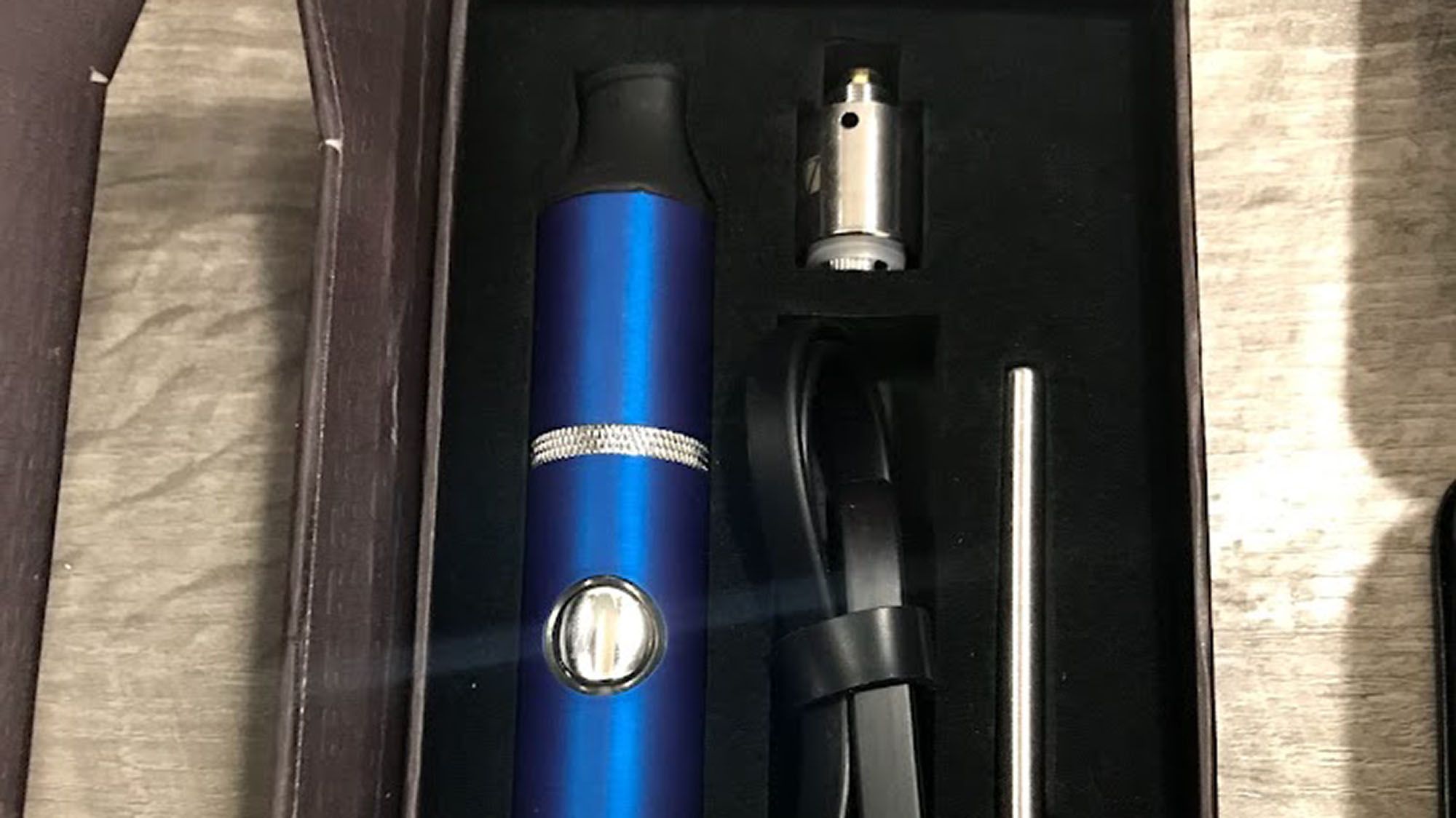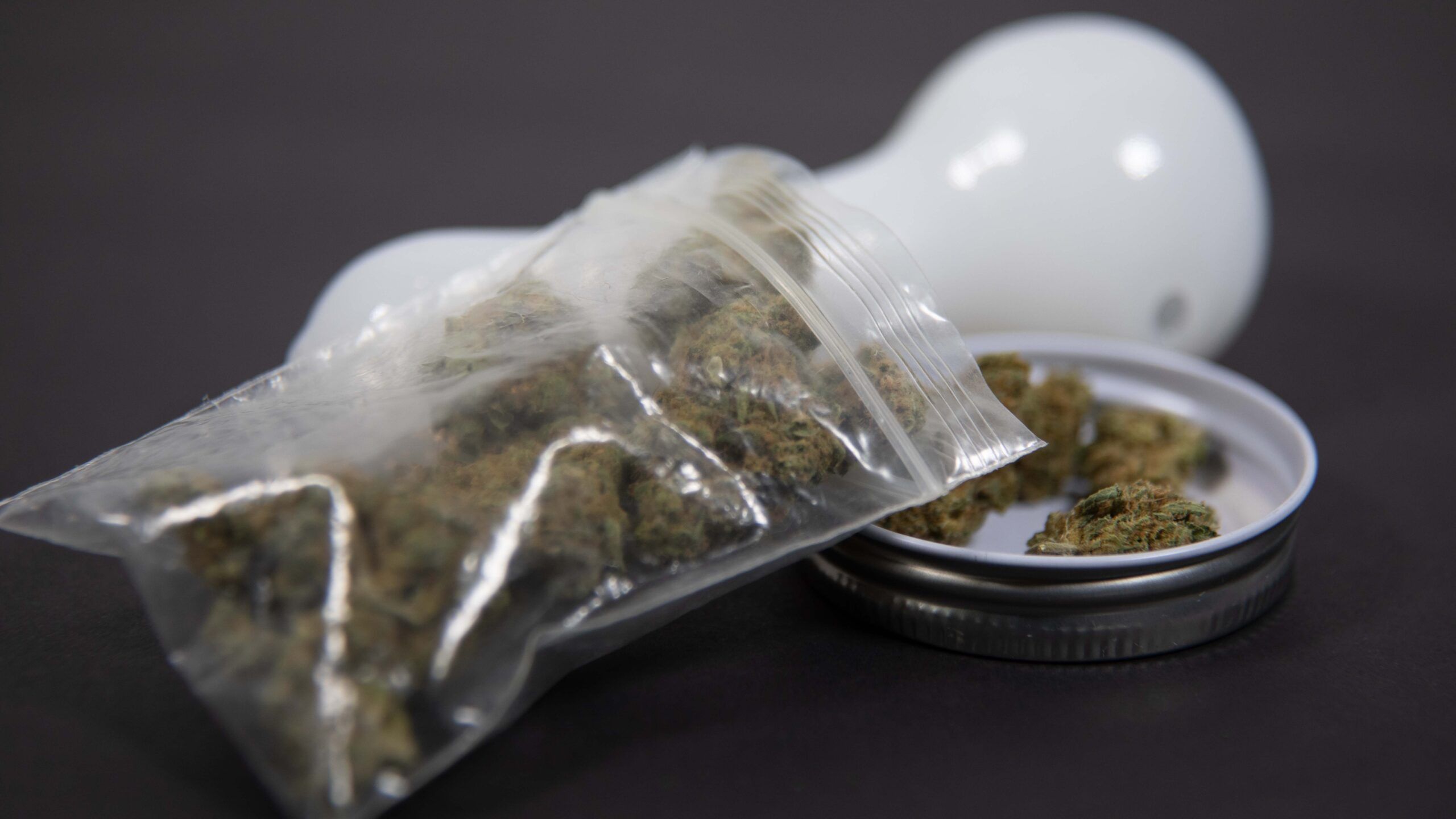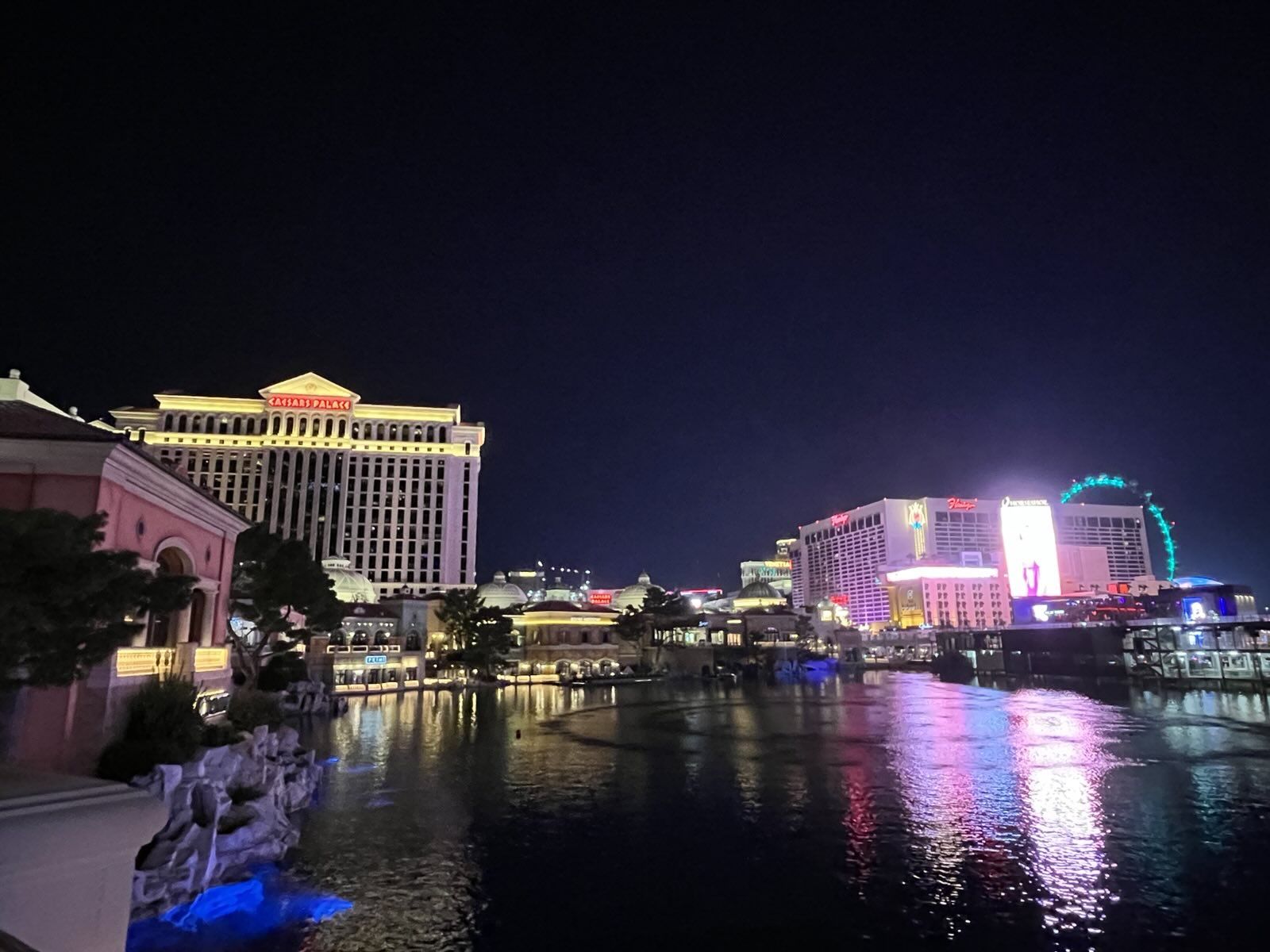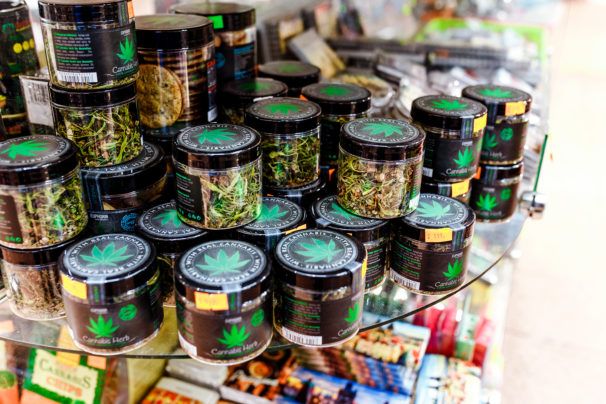For many long-time cannabis consumers in Las Vegas, knowing where vaping is legal—and how it differs from smoking cannabis—can sometimes be confusing. The short, clear answer is no: vaping cannabis in public is not legal in Las Vegas. The laws apply equally to vaping cannabis and smoking it, and understanding why requires a look at both cannabis consumption rules and e-cigarette regulations.
Nevada law prohibits the consumption of cannabis in any public place, including through vaping or smoking. Only private residences or state-licensed cannabis consumption lounges qualify as legal venues for cannabis use. Lounges that meet regulatory requirements—such as proper ventilation, on-site controls, and restrictions on location—are allowed to offer on-site cannabis use, but these remain limited and highly regulated.
Vaping more broadly is governed by the Nevada Clean Indoor Air Act, which categorizes vaping devices, including e-cigarettes, as part of the broader “smoking” definition. This law prohibits their use in most indoor public and workplace environments, with specific exceptions. These exceptions include certain casino areas where minors are not allowed, age-restricted bars, retail tobacco shops, and, of course, private homes. This separation shows how Nevada balances public health concerns with the realities of a tourist-driven economy.
So why is vaping cannabis in public not permitted, while some vaping in casinos is tolerated? The key difference lies in what is being vaped and where. General vaping—often nicotine-based—falls under the Clean Indoor Air Act, which allows for controlled use in designated spaces such as casino gaming floors. Cannabis, however, is regulated under cannabis-specific laws. Those statutes strictly limit consumption to private homes or state-approved lounges, regardless of whether it is smoked, vaped, or consumed in another form.
The reasoning behind this separation reflects the intentions of each regulation. The Clean Indoor Air Act primarily seeks to reduce exposure to secondhand smoke and vapor, while providing certain exceptions in age-restricted environments. Cannabis laws, on the other hand, focus on confining cannabis use to private or licensed venues. This is done to manage concerns around public odor, intoxication, and tourist impact—particularly important in a city like Las Vegas, which attracts millions of visitors each year.
In practice, this means cannabis consumers must remain cautious. Even if someone is discreet with a vape pen on the Strip, it still qualifies as public consumption and is subject to fines. Private settings remain the only legal option for most people, unless they visit one of the few approved lounges that have opened under Nevada’s relatively new regulatory framework.
In summary, while general vaping of nicotine may be allowed in certain casinos or age-restricted venues, vaping cannabis in any public location is not legal. The difference lies in how the state has crafted separate regulatory frameworks: one for tobacco and nicotine products under the Clean Indoor Air Act, and another for cannabis under Nevada’s legalization laws. Understanding these rules helps consumers enjoy responsibly while avoiding unwanted legal issues.




